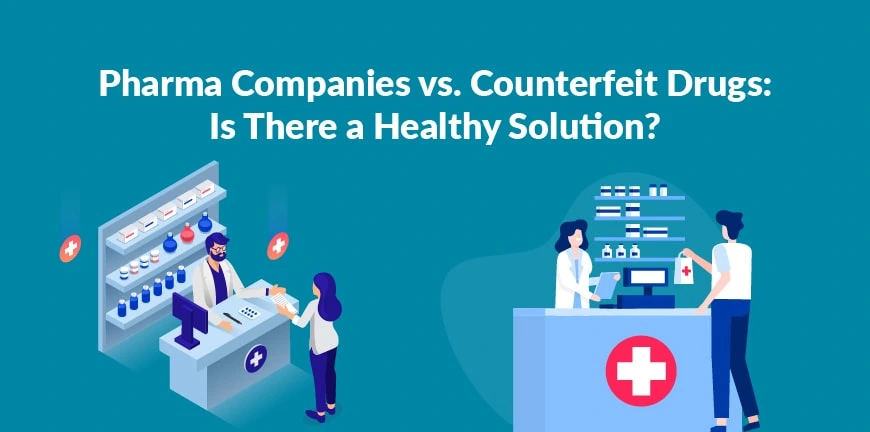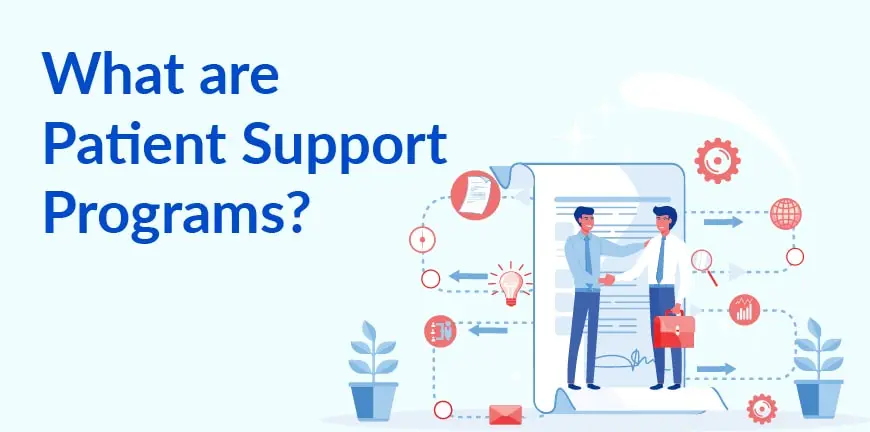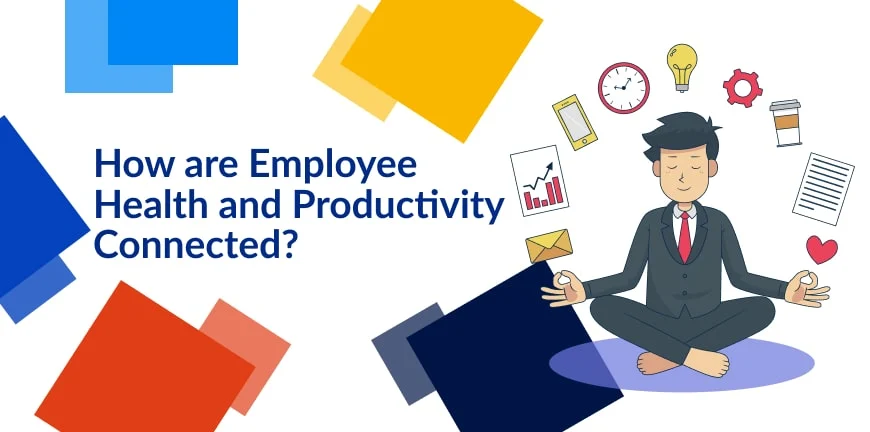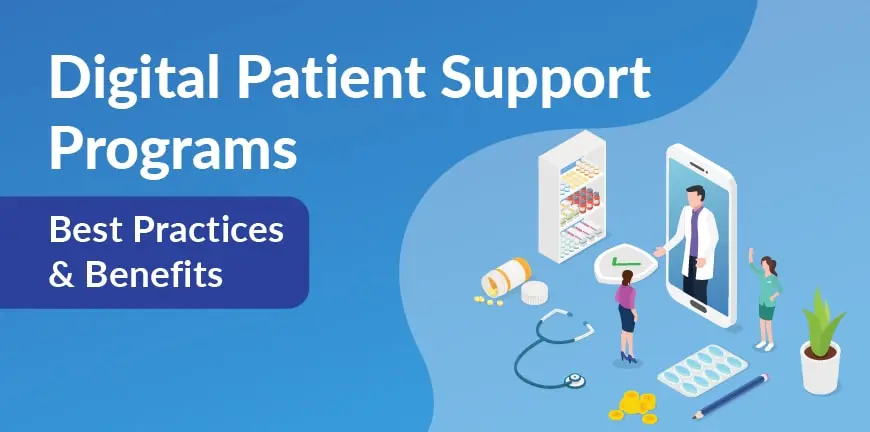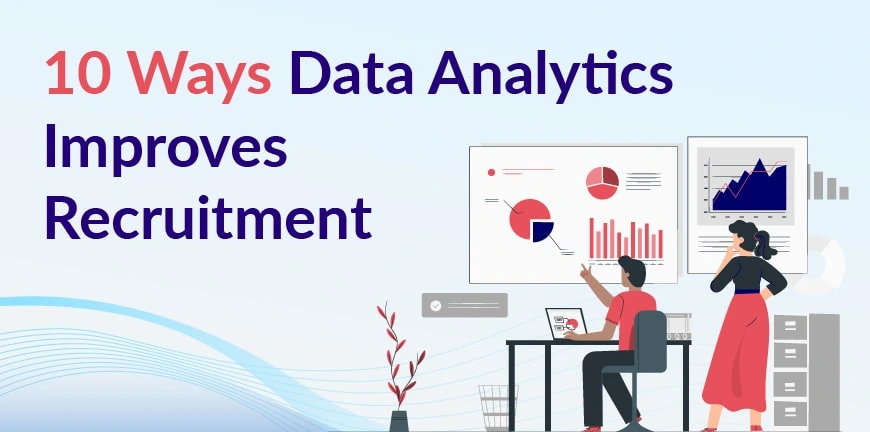
10 Ways Data Analytics Improves Recruitment
16/10/2024
What is an Exit Interview and How to Conduct it?
17/10/2024Counterfeiting is a $2 Trillion industry, nearly half the size of one of the largest industries in the world, oil and gas. When a new product comes out, a counterfeiter is eagerly waiting to get his hands on it so he can make a copy. And this affects every industry. On the other hand, no industry in the world is free of unethical practices, or should we say anti-regulatory practices. Many industries like pharma have been accused of a lack of ethics, especially when it comes to the incomprehensible pricing of their drugs, when the cost of production and R&D don’t add up.
Is Counterfeiting the Answer?
But counterfeiting of drugs may not be the answer we want. The proliferation of counterfeit drugs damages the reputation of companies, leading to mistrust from the doctors who recommend them and the patients who use them. Pharma companies have now realized the importance of tracking and tracing every drug that is manufactured, possibly using QR codes. Pharmaceutical firms are also working with government bodies such as the Drugs Controller General of India (DCGI), to implement track-and-trace systems and to strengthen measures taken against counterfeiting.
What are the Problems with Counterfeiting Drugs?
Additionally, the presence of counterfeit drugs presents two other related problems. Counterfeiting drugs can lead to financial stress on the pharma company as they rush to undercut the prices, affecting how much they are able to pay for raw materials and R&D among other things. This will in turn also affect the supply chain. Now here’s the other problem. The pharma industry will also need to battle the manufacturing and distribution of counterfeit drugs. And this will lead to further financial stress on the pharma companies.
Last but the most important of all, the drugs may be substandard and very low-quality duplicates of the original, which will affect their efficacy when used in treatment. Either treatment periods would be affected, or the drugs would carry undesirable effects. It may not be possible to remedy these damages to health, or they may be very expensive to remedy and add to the health burden of the state and the center.
Are QR Codes and Serialization a Valid Solution?
Are QR codes and serialization the answer to the problem? Yes and no, and now let’s see why. It’s a big yes, because it helps track and trace a drug throughout its entire lifecycle, giving the pharma company the support it needs and the assurance that it has not been tinkered with or diverted to another source to manufacture counterfeit drugs. So apart from helping with preventing counterfeiting to a certain extent, it also becomes a way to ensure that the drug is of good quality and that it is preserved throughout the supply chain, provided necessary conditions of transport and storage are met.
Now, why is it a no? When a QR code or serialization is applied to a specific strip of drugs or medical kits or vaccines by the company, it does not guarantee it will work. This is because serial numbers and QR codes can be easily copied and because serialization systems are not tightly integrated from production to packaging. This is because several IT and data providers are involved throughout the process and they need to coordinate their activities, especially that of logistics partners. Another reason why a QR code may not help is because the loss of data may have happened at the point of research too and not necessarily in the supply chain.
Closing Words
Pharma companies need stronger support from regulatory authorities to ensure that counterfeiting is stopped in its tracks. They also need to introspect a bit as to why it is happening and what measures can be taken to stop it. A cure is not just a pill for many, it is a miracle of health. Nothing must stop it from becoming that, whether it is the pricing of a drug or its counterfeiting, leading to a drop in quality and trust. The good news is that this is not a localized problem and therefore we can all come together, all the countries of the world, to find a solution that is apt. How will things shape out in the future? Only our efforts will tell.
Contact Us For Business Enquiry

Dr. Neha Joshi
Dr. Neha Joshi is the Business Head at Alp Consulting Ltd., bringing over 15 years of diversified experience in operations management, business strategy, and client excellence across healthcare and consulting sectors. Her expertise lies in driving operational transformation, enhancing customer experience, and building scalable business processes. Having held key leadership roles at Rivaara Labs, Suburban Diagnostics, and Portea, Neha combines strategic insight with execution excellence to deliver impactful, sustainable growth.

